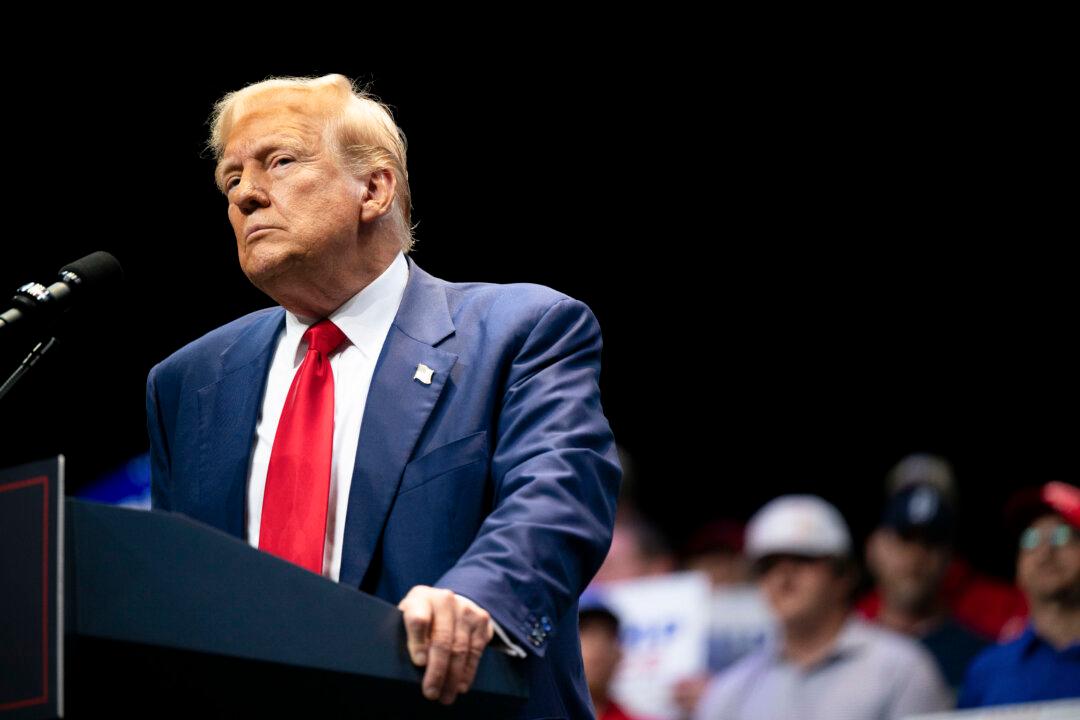A New York appeals court is set to hear oral arguments on Sept. 26 over whether Judge Arthur Engoron erred in former President Donald Trump’s civil fraud trial, which resulted in a penalty of $489 million.
Trump has appealed the decision on multiple grounds, including that Engoron’s actions violated the constitution. New York Attorney General Letitia James is defending Engoron’s decision and maintains that Trump defrauded businesses by inflating the value of his assets.





